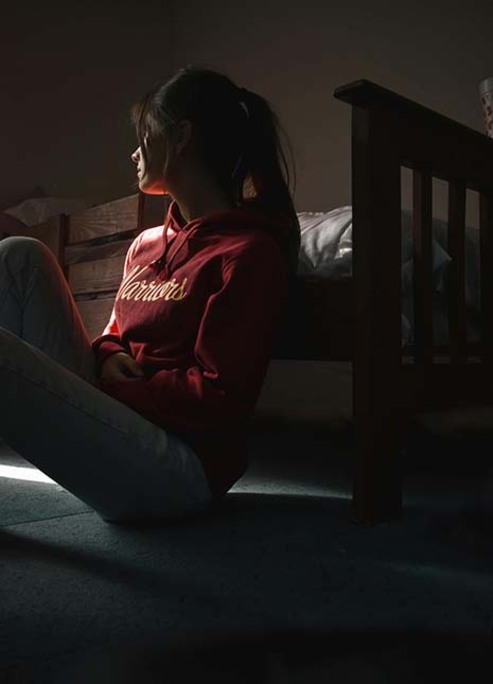
The Truth About Blood Clots And How They Disproportionately Affect Women
Information You Should Know If You’re On The Pill (Or Getting Vaccinated)
It was my grandmother’s doctor who first pointed out to us the disparity between the concerns for the side effects of certain methods of contraception and the concerns for the side effects of the COVID vaccine. While the latter caused immediate noise and public backlash, the former has barely caused any stir in nearly 60 years. The contraceptive pill is more likely to cause blood clots than the vaccines everyone is freaking out about, and yet barely anyone speaks of it. And so we wonder, what the hell is that about? Turns out the answer is the one we all expect.
“Just get the vaccine,” said her doctor. He meant all of us in the room at the time, but mainly my grandmother. “You’re not on the pill are you?” he joked, and we laughed, leaving his office reassured that my grandmother’s heart was perfectly fine (as fine as a smoker’s heart can be) and that she could soon get the vaccine without a care in the world. But is that really the case?
The doctor's statement, resounding and clear, lingered in the backs of our minds. He gave us this jarring piece of information with the purpose of putting into perspective just how safe the vaccine is in comparison to the risks other medications pose. Medications we willingly and regularly take. Especially those of us with a uterus.
Approximately 1 in 1,000 people get blood clots as a result of taking the combined contraceptive pill. In comparison, a total of 30 people out of 18 million vaccinated in the UK by May 24 developed clots.
Now, we don’t mean to freak you out about either thing. Both are indispensable to a healthy lifestyle for many people nowadays, and we encourage everyone to get vaccinated and continue taking the medications that suit their lifestyle (we’re looking at you, peeps on the pill, babies are a big responsibility and you don't want your hormones out of whack).
For now, rest assured that a clear link between the vaccine and blood clots yet to be established and the development of clots after a shot of any of the COVID vaccines remains rare. Keep in mind, also, that the combined contraceptive pill usually only heightens your risk of getting blood clots if you’re genetically predisposed to it. So, please maintain informed, talk to your doctor about family illnesses, and ask to get tested for any undetected clotting disorders. Sadly, the pill is handed out too freely by many experts with no real disclosure of the potential dangers that come with it.

With all of that being said, what we do want to point out is the blatant sexism in the healthcare world. Here’s a fun fact: women are at greater risk of suffering adverse side effects from medications due to a lack of representation in the clinical trials. So, not only do women experience dangerous side effects from medications in general due to lack of representation, but they also suffer the severe side effects of medications made specifically for women.
In the US, the CDC and FDA have already called for a pause in administering the Johnson and Johnson vaccine. A male birth control study was halted because the men in the trial began experiencing side effects like acne, weight gain, and mood swings. Some of the most common side effects of the contraceptive pill are weight gain and mood changes. Some of the more severe risks when taking the combined pill is the higher risk of developing blood clots and hypertension. People are still regularly prescribed the pill.
Here’s the question: should we be settling for such a nonchalant way of looking at the issue? It shouldn’t be, Get the vaccine, it’s safer than the pill. Instead, we should be asking, Why is it acceptable for women to be prescribed medication without disclosing the risks? And, Why don’t we work to fix all issues encountered in any medication, regardless of who is taking it? Why aren't there more women being included in these medical studies today? Because, so far, it seems as if we’re allowing the issue to continue and sweeping the real conversations under the rug.











